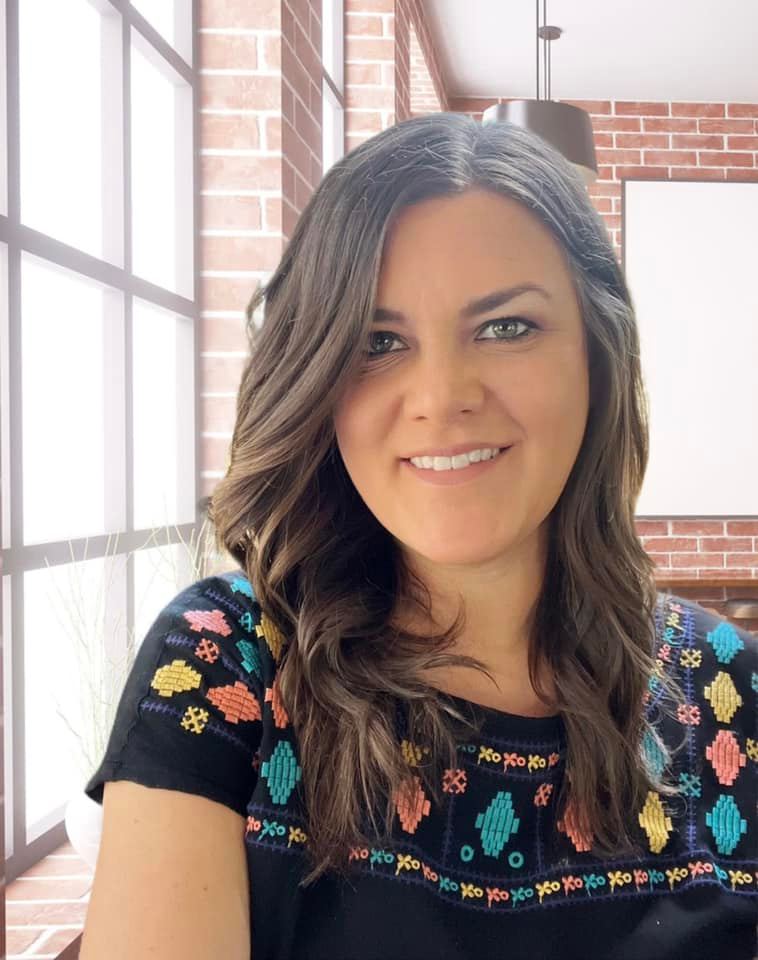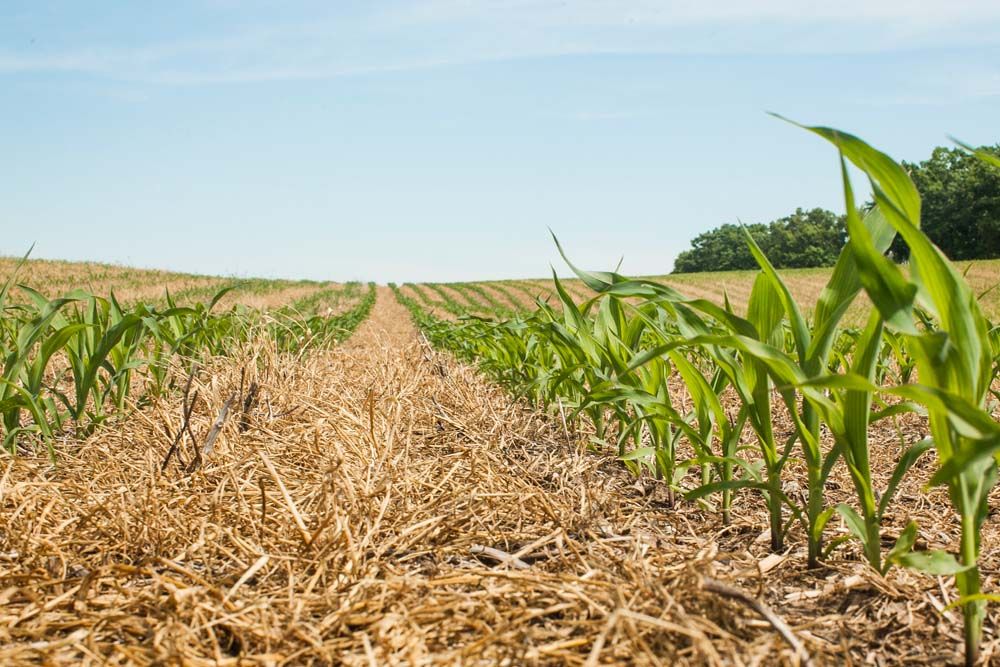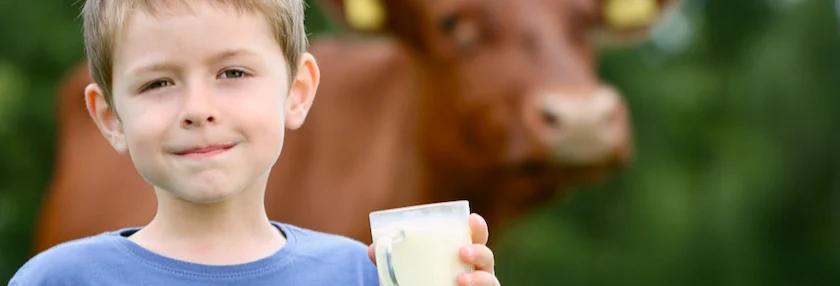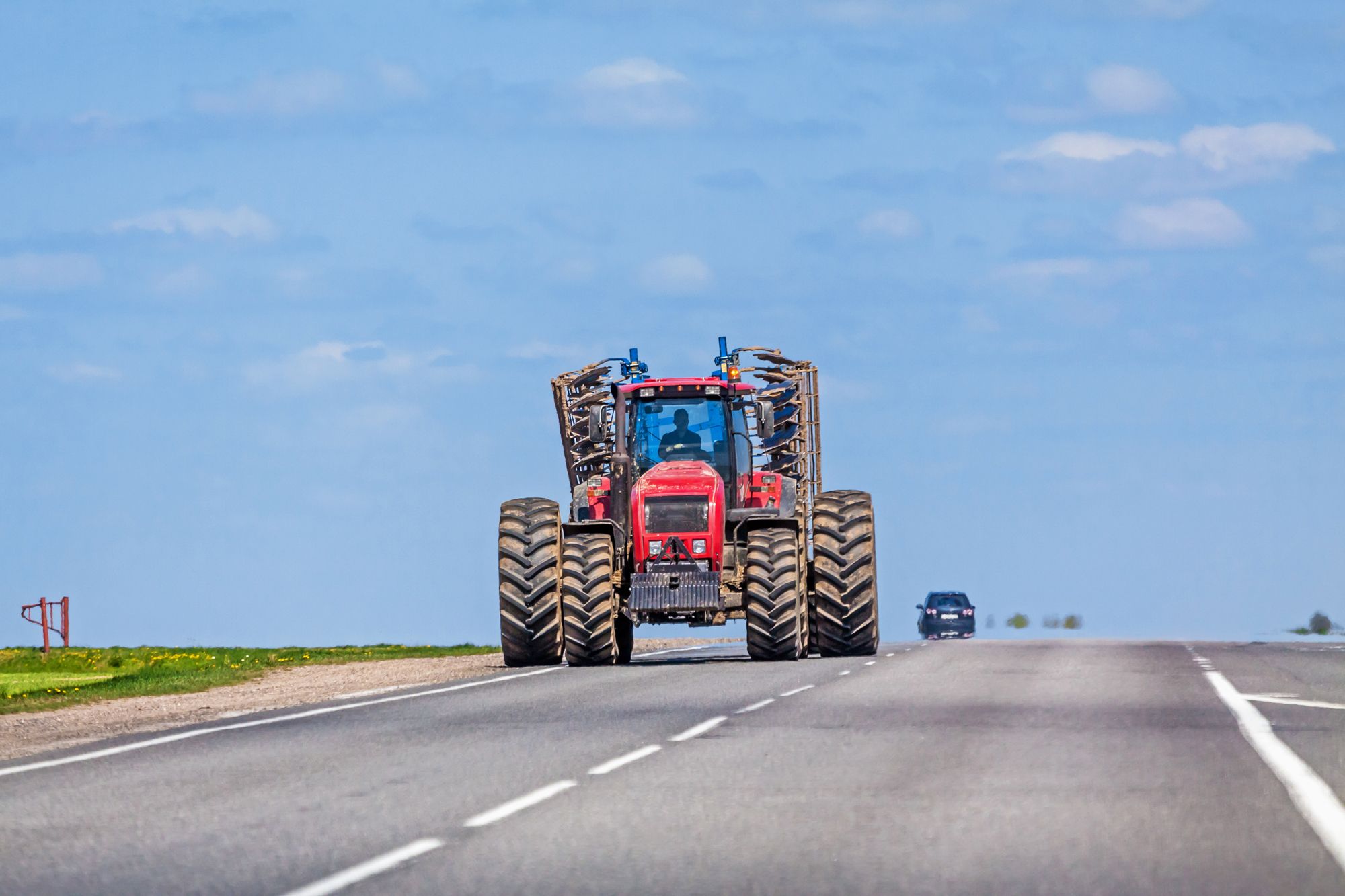Who’s Really to Blame for Fewer Eggs?


The ‘chicken feed conspiracy theory’ debunked
Around the turn of the new year, the internet blew up a rumor that claimed commercial chicken feed was causing the egg production of backyard flocks to drop to almost zero.
The concerns, brought to attention by a small band of hobby farmers, quickly mutated into a full-scale conspiracy theory across Facebook, TikTok, and Twitter.
Speculations were made that animal feed companies were purposefully sabotaging backyard flocks in order to drive up retail egg prices.
The circulation of these unfounded claims online sent homesteaders into a panic, scrambling to switch to local or homemade feeds in fear of neglecting their animals. But is there any truth to these allegations made against commercial animal feed companies?
The short answer is no, experts say.
Here are a few questions to ask yourself about your backyard flock operation before placing blame on what’s in the feed bag.
Natural explanations
Are there any natural explanations for why my hens have slowed egg production?
Poultry are very sensitive to seasonal and environmental changes; even a slight adjustment in their daily schedule can directly impact the flock’s overall production.
To produce eggs regularly, hens need at least 14 hours of day length. During the colder months, it is completely natural for egg production to take a sharp decline or even stop altogether as the days get shorter. Some hobby farmers choose to provide supplemental light within the chicken coops in attempt to maintain steady egg production throughout the winter.
However, if the lighting is too intense and indoor temperatures rise too high, this, too, can have an adverse effect on overall hen health and reduce efficiency.
The age of the hen can also be a silent culprit, with most hens dropping to 50-60% of their original productivity just after two or three years. While every layer is different, hens will also enter non-productive seasons in their life with age. Broody and molting periods may occur more frequently as they grow older.
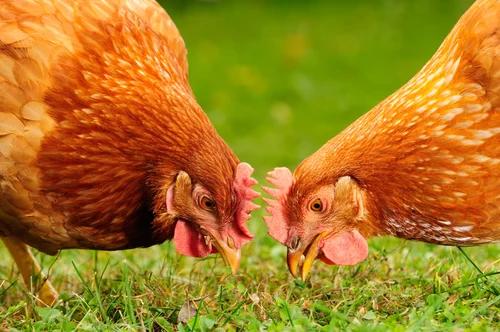
Am I adhering to basic feeding guidelines?
Laying hens require a perfectly balanced feed that includes all the nutrients necessary to produce eggs on a regular basis. That’s why animal feed companies employ experts in animal nutrition to customize feeds with ingredients that support each stage of life.
The American Feed Industry Association commented in a blog post on the importance of expert insight into animal nutrition, emphasizing that: “Commercial feed companies use staff nutritionists and consultants, with many years of specialized training, to develop precise diets that optimize the health, performance, and wellbeing of animals, while balancing their customers’ needs and budgets. These trained professionals have access to a myriad of ingredients to ensure hens’ complete nutrient requirements are met.”
And while there should be little to no nutritional difference between local and commercial feeds, homemade feeds are at risk of lacking some of the vitamins, minerals, and amino acids required for a balanced diet without specialized experience and knowledge of feed formulations.
Importantly, improperly handling any feed, commercial or homemade, can be even more dangerous to hen health than an incomplete diet. Improper management can quickly diminish quality or negate the ability for chickens to absorb the essential nutrients to meet their dietary needs. Therefore, following a feeding guide is vital in giving your backyard flock the best chance in taking full advantage of their pelleted diets.
Here are a few common guidelines to follow when using commercial feed:
• Feed continuously as the sole ration after onset of egg production
• Ensure fresh feed is available to the birds at all times
• Provide fresh, clean water twenty-four hours a day
• Store feed in a dry, well-ventilated area protected from rodents and insects
• Do not feed moldy or insect-infested feed to animals as it may cause illness, performance loss or even death
Am I practicing basic biosecurity principles?
Despite the accusations from social media skeptics, inflating egg prices don’t need any additional help from animal feed companies to jack up the retail price tag. Highly pathogenic avian influenza (HPAI) struck down commercial egg-laying hen populations across the United States starting in February 2022.
According to the USDA, over 43 million egg-laying hens were lost to the disease itself or to depopulation in attempt to limit the spread by the end of December. As a result, the price of table eggs was 267% higher around Christmas compared to the beginning of the year, causing widespread concern as a continuous high demand for eggs was met with empty store shelves.
Rapidly-spreading viruses like HPAI, other illnesses, parasites, and stress can also greatly impact a flock’s egg production. And while HPAI did primarily affect commercial egg farms, there were reports of the virus spreading to small backyard flocks as well.
To be safe, hobby farmers should review basic biosecurity rules to preserve the health and safety of their animals.
These principles include simple tasks such as cleaning out the chicken coop regularly and quarantining any new additions before introducing them to the flock.
Feeding the lies
Thanks to the internet’s love of corporate scandal, the plight of a few concerned hobby farmers became a sensationalized trend that targeted an industry that has also taken an economic blow from the repercussions of the HPAI virus and rising input costs.
Several feed companies and retailers have spoken out against the claims, confirming that there is no conspiracy between them and the egg industry.
Tractor Supply verified that there has been "no change to the nutritional profile" of their products sold in stores and Purina echoed their statement with the assertion that"there have not been formulation changes to Purina poultry feed products," according to their spokespeople.
In times of anxiety, people seek a scapegoat that already harbors mistrust from society, primarily large corporations and government entities.
Instead of perpetuating false claims online, it is instead time to criticize the social media skeptics by pointing the finger back at themselves before pecking at the hand that feeds them.
About the author
When not tending to her own 17-acre farm, Michelle Miller aka The Farm Babe is a writer, public speaker, and social media influencer on food and modern agriculture. Learn more about her at thefarmbabe.com.
Read this fact-check article
https://apnews.com/article/north-carolina-ap-fact-check-business-87009c97a59ba36146aa594623dcc6c9
Look to nature first
Tags:The Farm Babe

Acreage Life is part of the Catalyst Communications Network publication family.







